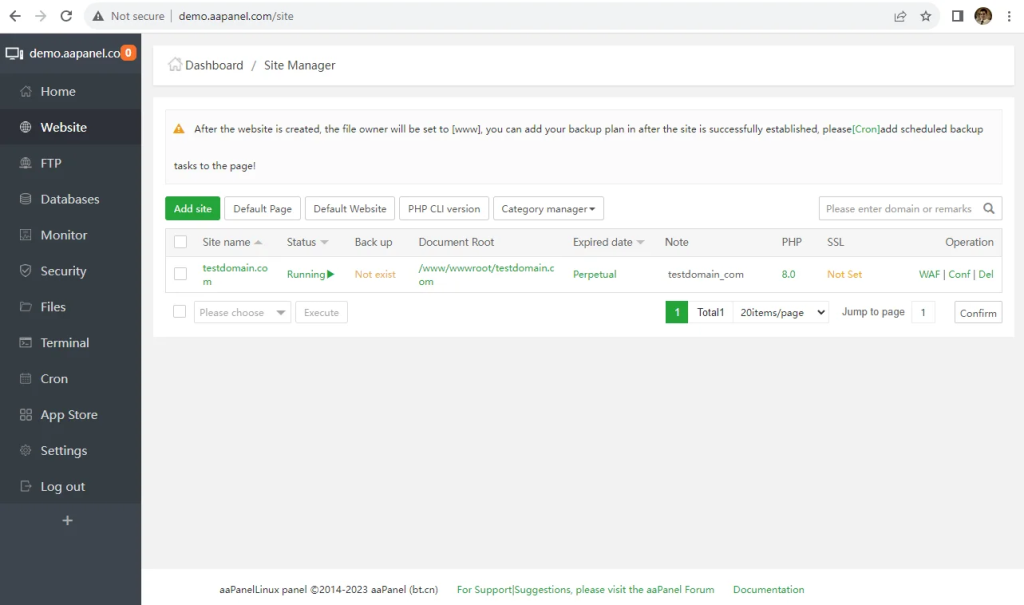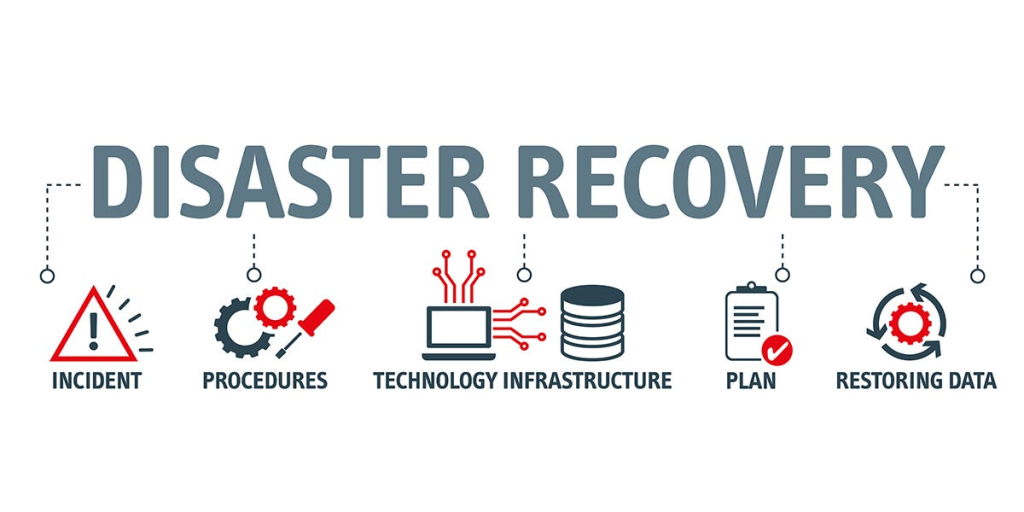As a website administrator, the choice of web hosting platform is a critical decision that can make or break the success of your online presence. With so many hosting providers and options available, it’s essential to understand the key features and capabilities that should be at the top of your list when evaluating potential hosting solutions.
In this comprehensive guide, we’ll dive into the essential features that every website admin needs in a hosting platform, helping you make an informed decision that aligns with your specific requirements and ensures the long-term resilience and performance of your website.
User Management and Access Controls

One of the most critical aspects of a hosting platform for website administrators is the ability to effectively manage user accounts and access controls. As your website and team grow, the need for granular permission settings, multi-user capabilities, and activity logging becomes increasingly important.
Look for hosting platforms that offer robust user management features, such as the ability to create and assign different user roles with tailored permissions. This allows you to grant specific access levels to team members, contractors, and external collaborators, ensuring that everyone can only perform the actions necessary for their responsibilities.
Additionally, advanced security measures like password policies and two-factor authentication can help protect your website from unauthorized access and ensure that only legitimate users can make changes or updates.
Powerful Database Tools
Websites today often rely heavily on databases to store and manage content, user information, and other critical data. As such, the hosting platform’s database management capabilities are a crucial consideration for website administrators.
Look for hosting solutions that provide robust, user-friendly database tools, such as phpMyAdmin integration. This allows you to easily create, manage, and maintain your website’s databases, including tasks like backups, restoration, and optimization.
Moreover, the ability to quickly spin up new databases and manage user permissions can significantly streamline your website’s development and content management workflows.
Comprehensive Email Hosting

While email hosting may not be the first thing that comes to mind when evaluating a web hosting platform, it’s a feature that can have a significant impact on your website’s overall functionality and user experience.
The best hosting platforms offer fully-integrated email hosting solutions, providing you with features like webmail access, email account creation, and powerful spam and virus protection. This ensures that your website’s email-based communications, such as contact forms, newsletters, and transactional messages, are seamlessly handled within the hosting environment.
By having a cohesive email and hosting solution, you can simplify administration, maintain consistent branding, and ensure reliable message delivery for your website’s users.
Advanced Security and Compliance
In today’s digital landscape, website security and compliance with industry regulations are non-negotiable. Your hosting platform should provide robust security measures and the ability to meet various compliance requirements.

Look for features like SSL/TLS encryption, firewall settings, and comprehensive DDoS protection to safeguard your website from cyber threats. Additionally, compliance features that address regulations such as PCI-DSS, HIPAA, and GDPR can be crucial, depending on the nature of your website and the data it handles.
By choosing a hosting platform that prioritizes security and compliance, you can protect your website, your users, and your business from costly breaches and legal liabilities.
Seamless Development and Deployment
If your website requires regular updates, new feature additions, or complex customizations, the hosting platform’s development-friendly capabilities should be a top consideration.
Seek out hosting solutions that offer features like SSH access, version control integration, and staging environments. These tools can significantly streamline the development, testing, and deployment process, allowing your team to work more efficiently and minimizing the risk of disruptions to your live website.
Additionally, look for hosting platforms that provide easy-to-use developer tools and documentation, empowering your team to work with the hosting environment seamlessly.
Scalability and High-Performance
As your website grows in traffic and complexity, the ability of your hosting platform to scale and maintain high performance becomes paramount. Evaluate hosting solutions that offer features like load balancing, caching, and resource allocation management.
These capabilities ensure that your website can handle sudden spikes in traffic, accommodate increasing data storage and processing needs, and deliver a consistently fast and reliable user experience, even as your online presence expands.
Robust Backup and Disaster Recovery

Protecting your website’s data and ensuring business continuity in the event of a disaster or unexpected incident is a critical responsibility for website administrators. Your hosting platform should provide comprehensive backup and disaster recovery features.
Look for hosting solutions that offer automated, scheduled backups, as well as the ability to restore your website to a specific point in time. Additionally, features like off-site data replication and the option to quickly spin up a new server in the event of a hardware failure can be invaluable safeguards.
By selecting a hosting platform with robust backup and disaster recovery capabilities, you can have peace of mind knowing that your website’s data and functionality are protected, even in the face of unexpected challenges.
Conclusion
Choosing the right web hosting platform is a critical decision that can significantly impact the long-term success and viability of your website. By prioritizing features like user management, database tools, email hosting, security, development capabilities, scalability, and backup/recovery, you can ensure that your hosting solution aligns with the unique needs of your website and your team.
Take the time to carefully evaluate your options, considering both the current and future requirements of your online presence. By investing in a hosting platform that delivers the essential features every website administrator needs, you can focus on driving your website’s growth and success, rather than worrying about the underlying infrastructure.